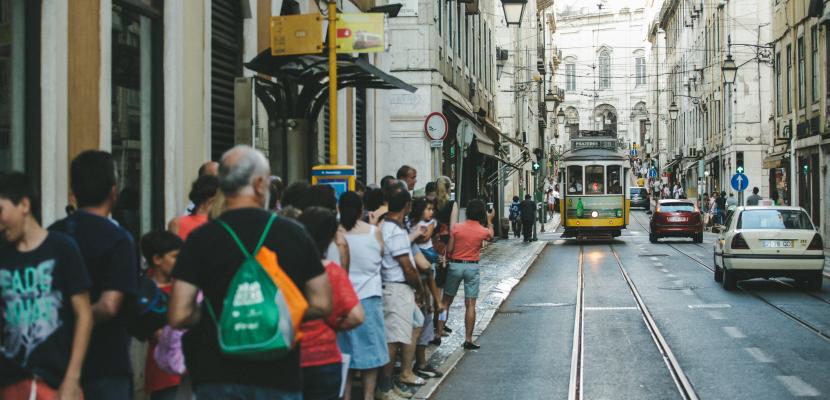
Sympany - changing textiles reuse

About this good practice
Sympany has been collecting clothes and fabrics nationwide for more than 40 years. In many municipalities the non-profit organisation collects old clothes and fabrics though recycling containers. The collected clothes and fabrics are sorted and graded, anything good enough for resale gets bundled and sold in Europe and Africa. The proceeds pay for the infrastructure and collection costs, any funds left over are applied for projects in developing countries. The organisation also uses fund raising to make a bigger budget available for these projects.
In 2018 the organisation decided to pivot towards change in the clothing supply chain. Every year in the Netherlands 245 million kilos of clothing and textiles are thrown out. 90 million kilos of that stream is collected through Sympany or its competitors, the other million kilos are disposed of as garbage. Fast fashion and cheap textiles drive this development of throwing away clothing. As a consequence the quality of the collected clothes is of a high quality and those clothes can be resold. Of the rest of the material collected, parts can be repurposed as “poetsdoeken”; cheap textiles for the automotive industry, still leaving a stream of materials collected that cannot be reused.
Several developments impacted the business model:
Collection costs increased, as municipalities use tenders to allow these companies to collect clothes/textiles
Demand for clothes in the second hand markets is declining, driving down revenue
Resources needed
Sympany has been self-sufficient for all of its existence. It has been able to sell part of the materials that are collected for a profit, financing projects in developing countries. It uses existing networks to contact entrepreneurs and initiatives in circular textiles to supply those companies
Evidence of success
The organisation has been self-sufficient for all of its existence, and has an infrastructure to process 16,5% of the textiles that is thrown out in the Netherlands. It operates in a competitive market, and manages to invest in a new way of social entrepreneurship.
The company has managed several projects in which waste is repurposed for new markets:
• Rubber in shoes to rubber tiles
• Denim/cotton to insulation materials
• Saxcel – reused cotton thread
• Rubber soles to new shoe soles
Potential for learning or transfer
Most of the other countries have comparable initiatives that have comparable business models. Experience in sorting and grading materials can be developed. As the supply chains for the textiles industry are pan-European, initiatives can be scaled from and to any area, as long as the stated requirements for the partnerships are met. In the Netherlands, the quality of the main resource stream is of such a quality it still provides a premium. The waste stream can be potentially profitable, but scaling takes time. Any initiative will take at least 5 years to yield returns.